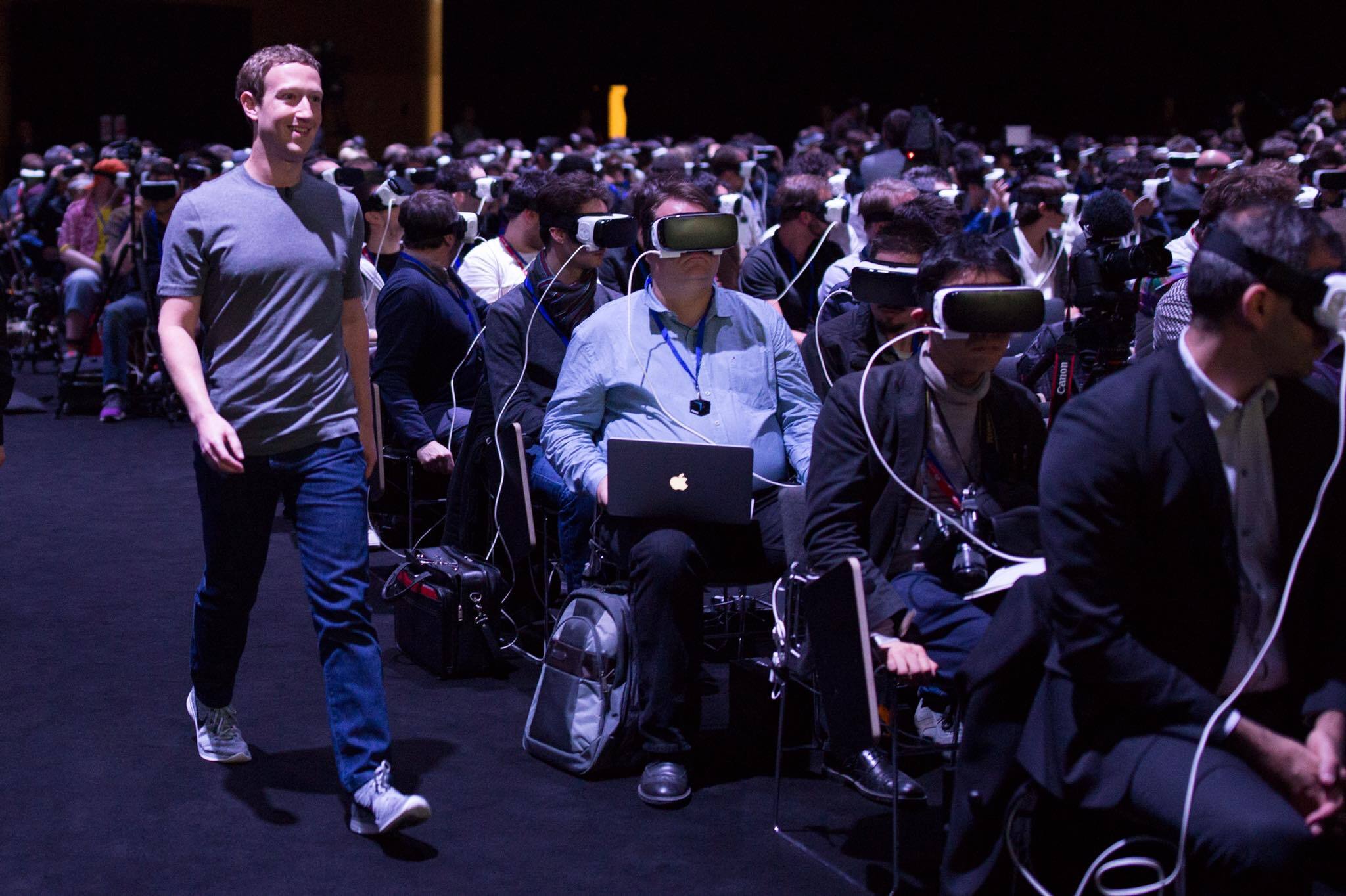Arriving in Africa for the first time, Facebook CEO Mark Zuckerberg praised the continent’s renowned innovative spirit: “This is where the future is going to be built”.
“The thing that is striking is the entrepreneurial energy. I think when you’re trying to build something, what matters the most is who wants it the most,” he said in Lagos last week, his first stop on a trip that took him to Kenya and back.
His surprise trip generated enormous news for the continent’s renowned entrepreneurial spirit, as you’d expect from the world’s sixth richest man and currently the most high-profile figure in tech.

“Nollywood is good at building content,” he told an audience of developers. “Only an engineer would call it ‘building content,’ but that’s who I am,” he joked.
In Nairobi, he visited the iHub, arguably the most famous of Africa’s innovation hubs, where mobile transactions are perhaps the most sophisticated anywhere in the world. “It’s inspiring to see how engineers here are using mobile money to build businesses and help their community,” he said, before going to iHub’s maker space offshoot Gearbox, “where entrepreneurs can build and prototype their ideas”.
But one of the cornerstones of his trip – and no doubt arranged to coincide with it – was the launch of an Eutelsat satellite, designed to “beam down connectivity”.
The satellite is part of Facebook’s plan to deliver internet connectivity to the remote areas of our very large continent, using its recently flown Aquila drones. “We built these solar-powered drones that are basically like a cellphone tower in the sky. They can go over really remote rural locations and beam down connectivity to make sure networks spread and reach everyone,” a beaming Zuckerberg said.
But a day later that Amos-6 satellite – estimated to be worth US$200m – was destroyed when the SpaceX rocket due to carry it into space ignited during a preflight test.
Sitting on top of a Falcon 9 rocket, in Cape Canaveral, there was another, unfortunate, African connection: SpaceX is the brainchild of South African-born Elon Musk.
This prompted an amusing online tiff as these two tech titans traded thinly-veiled insults, but the fundamental thinking around the satellite’s role is good.
“Here in Lagos and across the continent things are really shifting. They are moving from a resource-based economy, shifting to an entrepreneurial, knowledge-based economy.”
The satellite – which is conceivably going to be rebuilt – is the first part of Facebook’s plan to get internet access – including via the drones – to the parts of the world where it currently doesn’t reach.
The second part he says is to “make it affordable so people can use it, [including] building it cheaper so it costs less [and teaching] app developers to use less data”. The latter is the controversial slimmed-down Free Basics version of Facebook designed to work on feature phones.
The third component is “making people understand what the internet can do”. By exposing people to the internet, it gives them an idea of how it can make their lives better, he is essentially saying, Start first timers off with Free Basics, give them a taste of the power of connectivity, and then they’ll gladly evolve – and pay – for the full experience.
Say what you want about Zuckerberg, his vision to get everyone online can’t be a bad thing, even if it starts in the walled garden that Facebook is. His visit to Nigeria and Kenya have deservedly given African entrepreneurs another deserved moment in the global news spotlight.
This article first appeared in Financial Mail